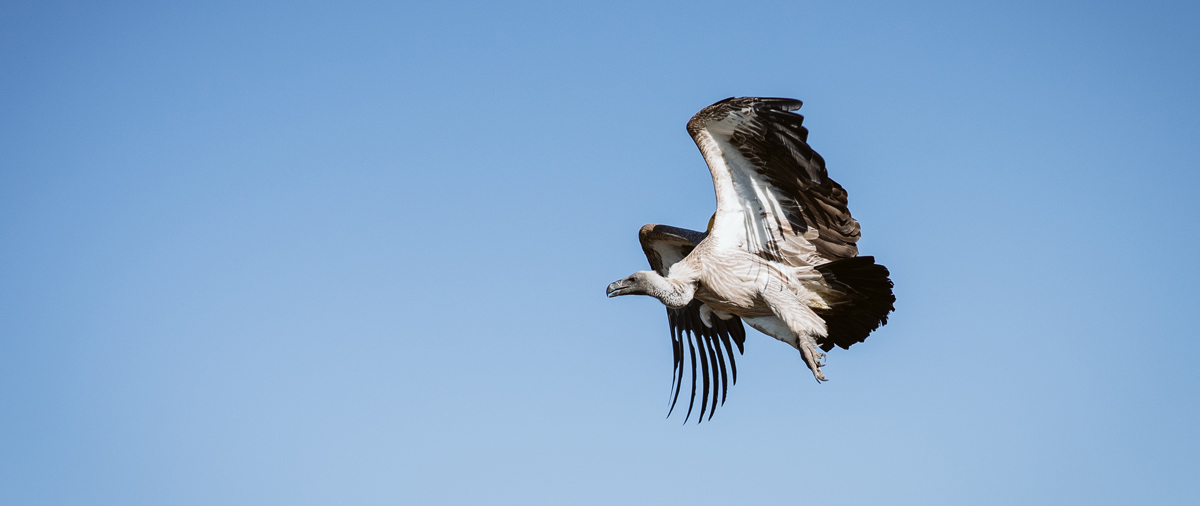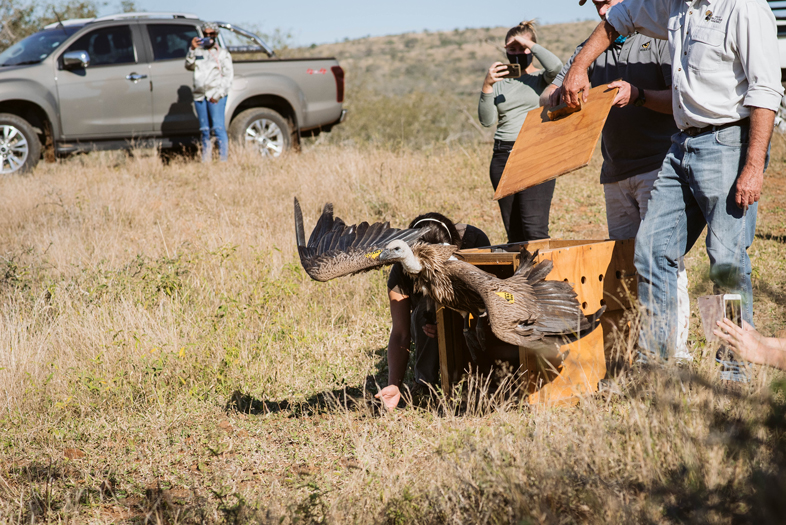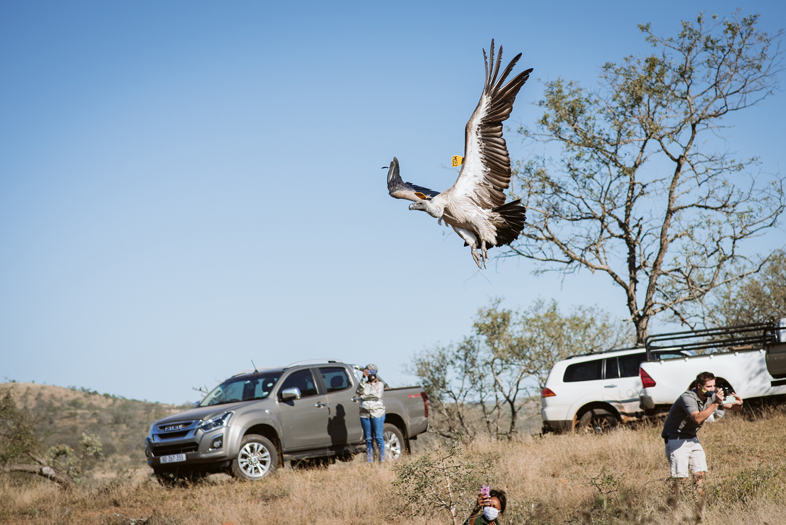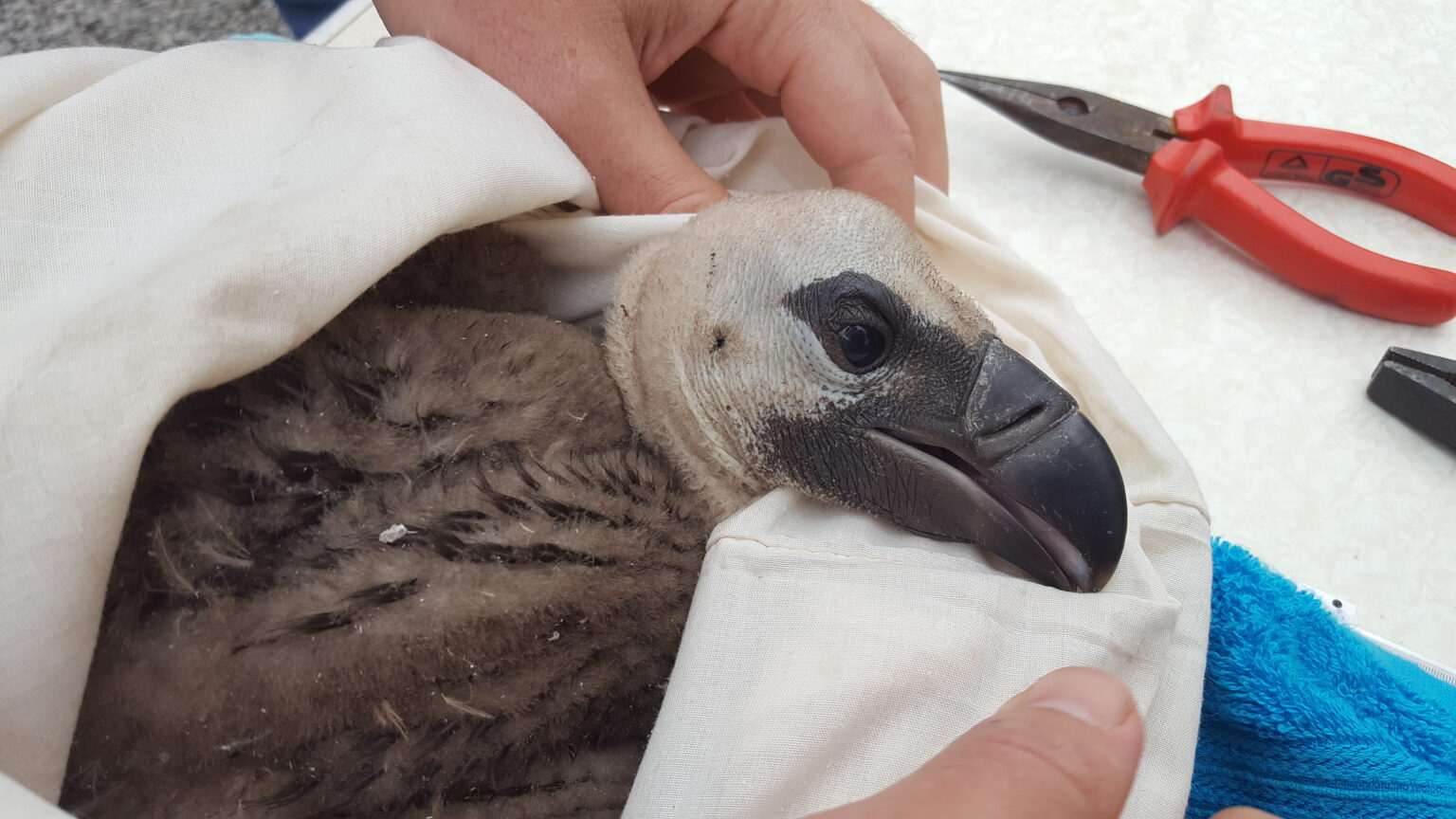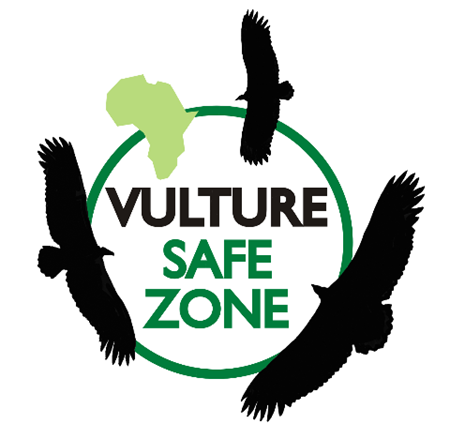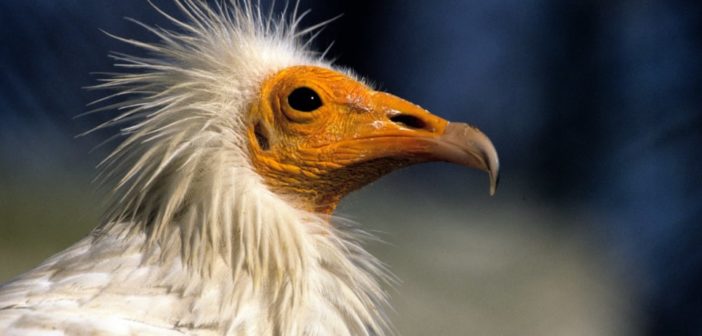
The vultures aren’t hovering over Africa – and that’s bad news
BY STEPHEN MOSS - 13TH JUNE 2020 - THE GUARDIAN
It’s hard to love vultures. Their bare-headed appearance, scavenging habits and reputation as the refuse disposal workers of the bird world rarely endear them to a public who prefer more conventionally attractive creatures. But amid growing fears that the birds are facing extinction, conservationists are calling for more to be done to save these unloved birds of prey.
If this seems like old news, that’s because for some species it is. In the early 1990s, observers in India began to notice that vultures, which usually gathered in huge flocks around animal carcasses, were declining at an unprecedented rate.
At first, conservationists found this hard to believe: vultures are among the most adaptable of all the world’s birds and have learned to live alongside human beings, serving as the clean-up squads in urban and rural areas alike.
But in just 15 years, from 1992 to 2007, India’s most common three vulture species declined by between 97% and 99.9%. The consequences were catastrophic: only once the vultures had gone did people realise the crucial job they had been doing in clearing up the corpses of domestic and wild animals. Rotting carcasses contaminated water supplies, while rats and feral dogs multiplied, leading to a huge increase in the risk of disease for humans.
More than a decade after the crisis began, the key cause was confirmed. Asia’s vultures were feeding on animal carcasses containing diclofenac, an anti-inflammatory drug routinely given to domestic cattle but poisonous to birds.
Now, a similar story is unfolding in Africa, which is home to 11 of the world’s 16 old-world vulture species. They are found in towns and cities as well as in the savannah, where again they perform the vital role of the clean-up squad.
From Kenya to Ethiopia, Botswana and South Africa, these birds have been a reassuring and seemingly permanent presence wherever big game animals roam. But now there are signs that Africa’s vulture populations are also plummeting at an alarming rate.
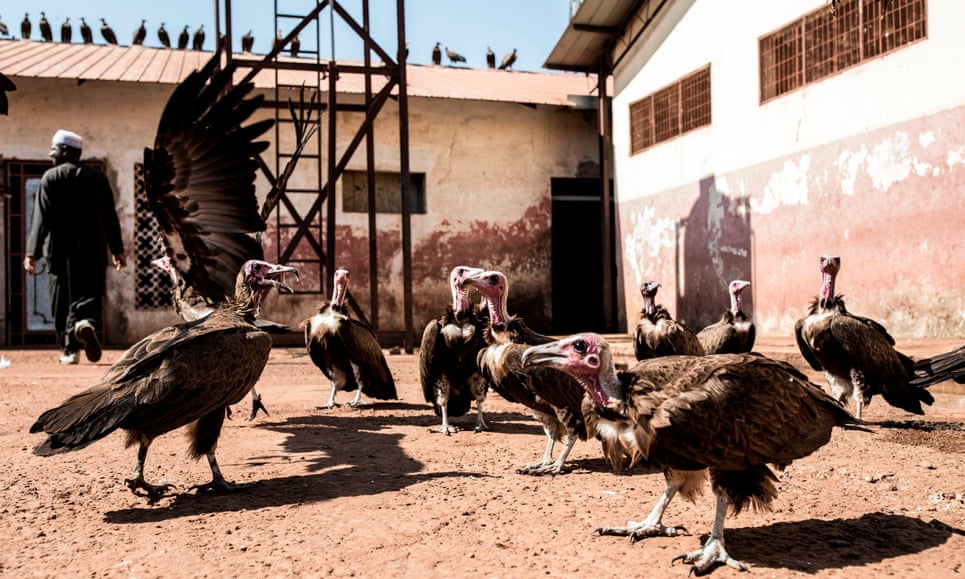
Hooded vultures hoping to find scraps of meat at Bissau’s main slaughterhouse, Guinea-Bissau. Photograph: John Wessels/AFP via Getty Images
More than 2,000 hooded vultures – a significant proportion of the entire world population – died in Guinea-Bissau in March. The deaths were due to poisoning, and reports suggest they may be linked to the trade in vulture parts amid a widespread belief that possessing the head of a vulture guards against harm and acts as a good luck charm.
Following this and other incidents, the hooded vulture is listed as critically endangered – just one category above extinct – on the International Union for Conservation of Nature’s red list. Twelve species of vulture are now listed as endangered or critically endangered, meaning vultures are one of the most threatened groups of birds on the planet.
Because vultures feed communally at a carcass, they are a sitting target for poachers, who can wipe out hundreds of birds at a time. Elephant poachers often target the birds, which otherwise might alert rangers to an illegal kill. Andre Botha, from South Africa’s Endangered Wildlife Trust, recalls that in June 2013 several hundred vultures were poisoned at an elephant carcass in the Zambezi region of Namibia. More recently, in June last year, 537 vultures of five different species were poisoned at elephant carcasses near Chobe national park in Botswana.
Dr Steffen Oppel, an RSPB senior conservation scientist specialising in vultures, says that while deliberate poisoning by poachers does occur, other cases are unintentional. “Pastoralists and rural farmers try to protect their livestock from wild dogs, jackals, lions and hyenas by poisoning predators, and vultures are the unfortunate collateral damage.”
According to Linda van den Heever, vulture project manager with BirdLife South Africa, deliberate and accidental poisoning now accounts for well over half of all unnatural vulture deaths in Africa.
The breakneck speed at which many African nations are developing their economies is also a factor in the vulture’s demise, Oppel points out. “Another fundamental problem is the rapid economic growth and accompanying consumption and construction of infrastructure,” he says. Power lines and wind turbines are a particular problem if safe design principles are ignored. Vultures – due to their large size – are especially vulnerable to colliding with them, or being electrocuted when perching.
Conservation partnerships across eastern and southern Africa are focusing on trying to reduce the death toll from poisoning by providing training for law enforcement officers and rangers, and rapidly removing poisoned carcasses – though with such huge areas involved, that is not an easy task.
Educational programmes for rural communities are another, longer-term approach; as is reducing the impact of energy infrastructure.
All of these actions are recommended in the Multi-species Action Plan to Conserve African-Eurasian Vultures, which has been adopted by all African states where vultures occur, and provides a road map to halt the decline in vulture populations over the next 12 years.
Building on the success of similar schemes in Asia, a number of conservation organisations across southern Africa have come together in a single alliance, launching a series of Vulture Safe Zones across the region. These encourage owners of large tracts of land to keep vultures safe, with anti-poisoning measures, education projects and ways to prevent habitat loss, yet another factor in the birds’ decline.
The next step, Botha says, is to get the support of national governments. “A lot more urgent action is needed across a range of fronts. Greater engagement, involvement and support from African governments is a key requirement, with large-scale, coordinated action urgently needed.” The key to success will be by convincing people that it is in their own long-term interest to save Africa’s vultures.
The situation is not helped by a lack of appreciation of the importance of vultures, as Beckie Garbett of BirdLife International Africa admits.
“Vultures play a vital role within human ecosystems that most people are unaware of, and so they don’t class their conservation as important. We only have to look to Asia as an example of what could happen in the face of continued vulture declines in Africa.”
ORIginal article: https://www.theguardian.com/environment ... d-news-aoe



